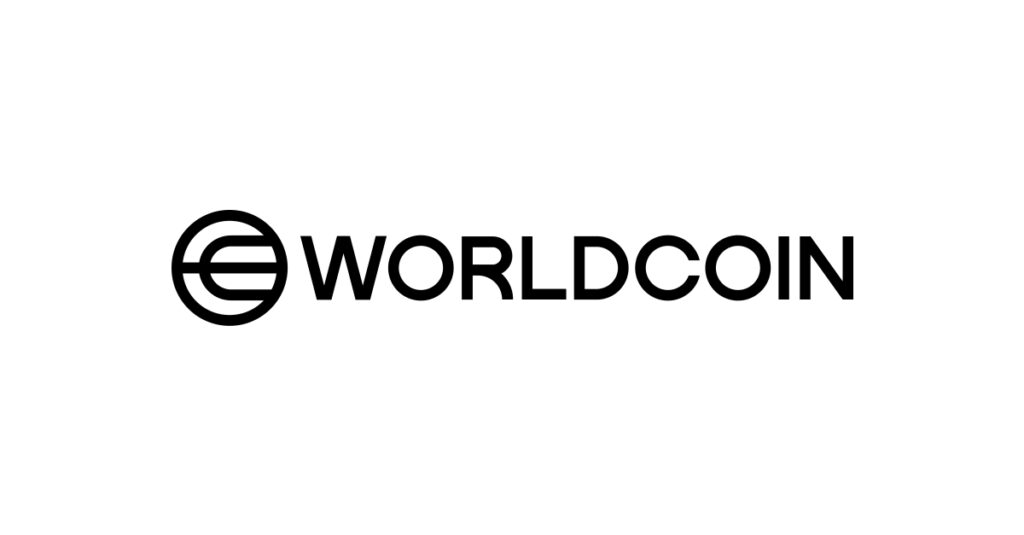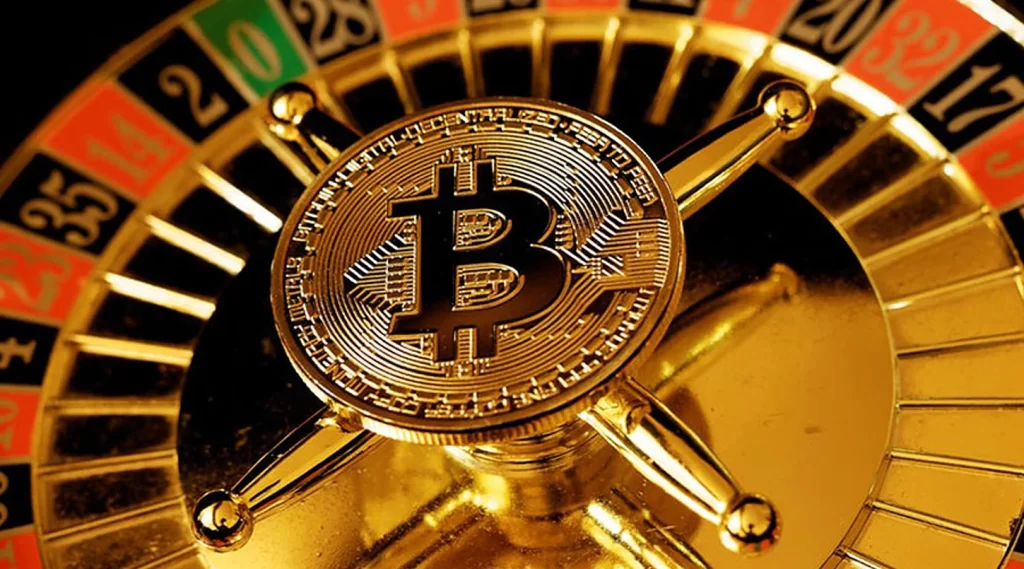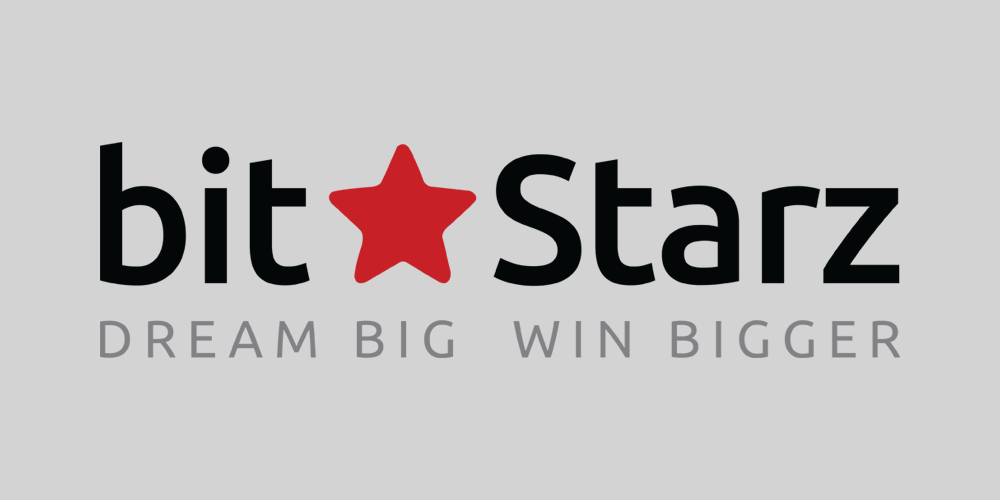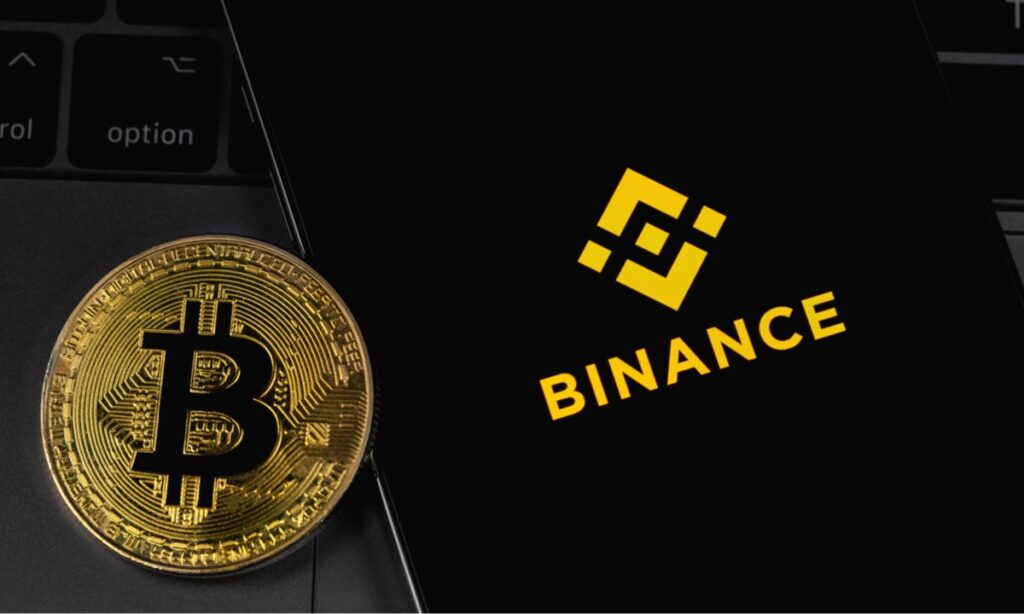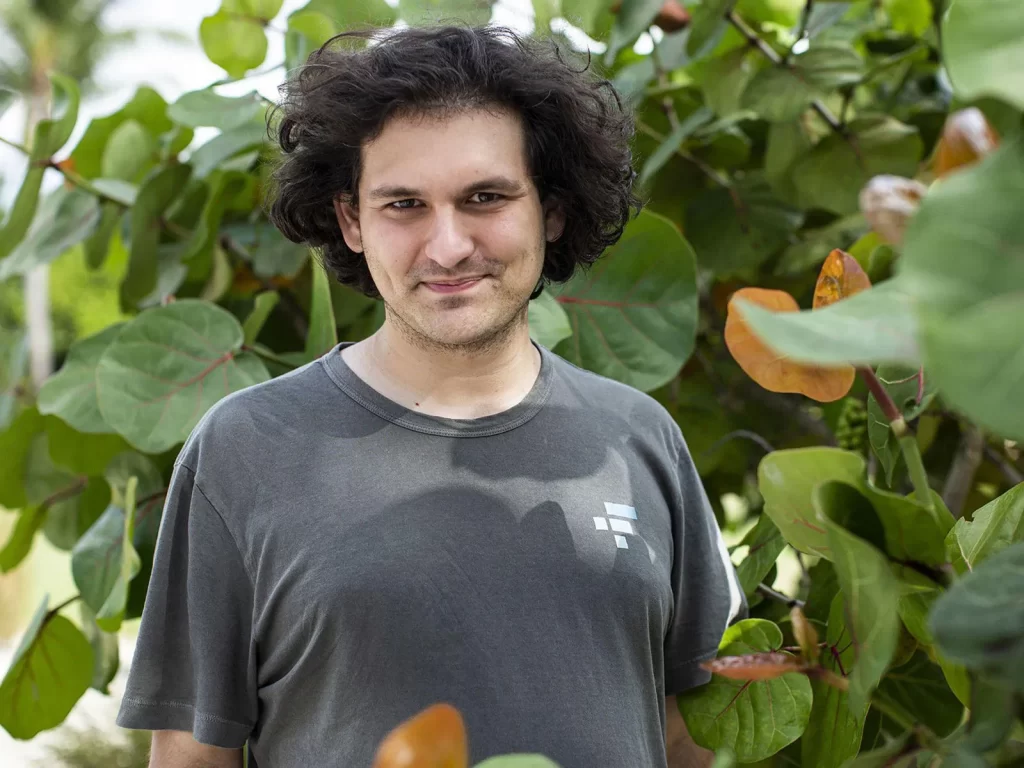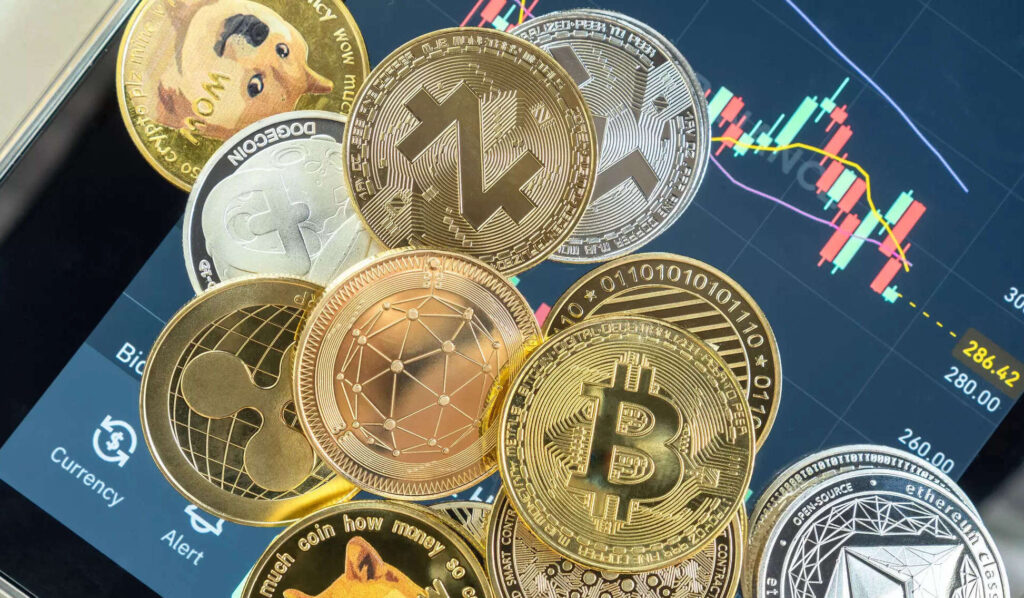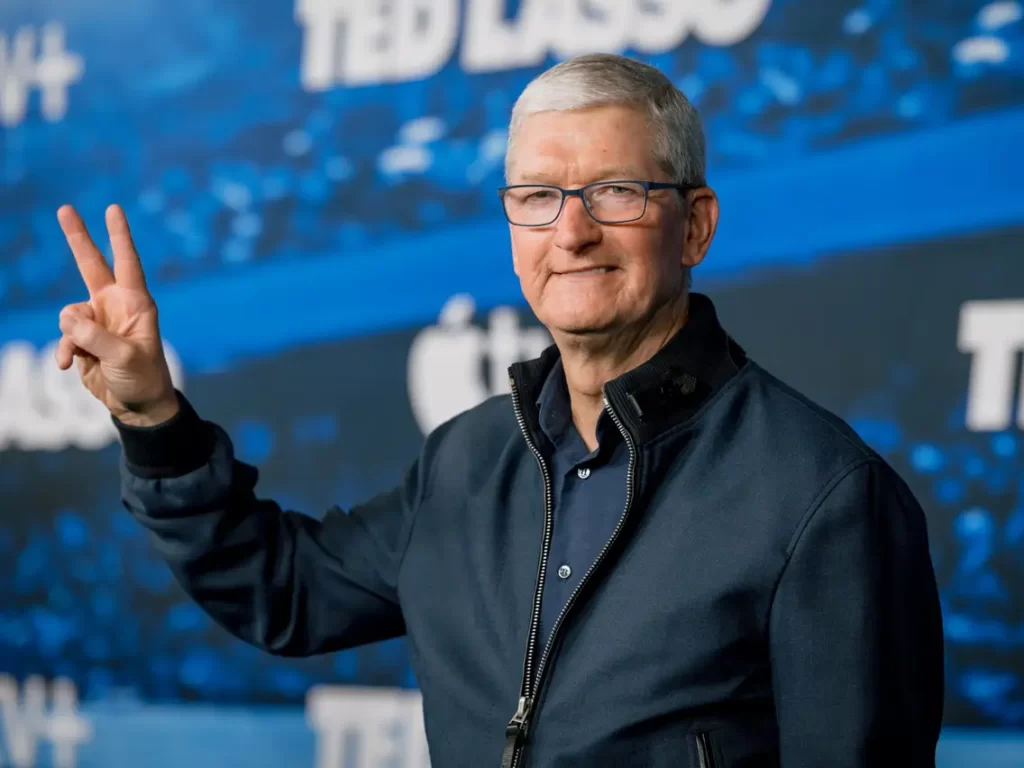Kyrgyzstan, a central Asian nation sharing borders with China, is making strides in the realm of cryptocurrency mining, with the backing of its local government.
On July 27, Kyrgyz President Sadyr Japarov gave the green light to establish a crypto mining farm at the Kambar-Ata-2 Hydro Power Plant, as reported by Kyrgyzstan’s national news agency, Kabar.
The Kyrgyz government plans to invest up to $20 million in constructing this cryptocurrency mining facility.
President Japarov emphasized that operating such a farm would enable the government to utilize surplus power from the hydroelectric plant efficiently, thus avoiding energy losses.
Since the plant’s inception in 2010, Kyrgyzstan has lost a significant 6.8 billion kilowatt-hours of energy due to inefficiencies.
By harnessing the remaining energy for crypto mining, the Kyrgyz government aims to generate revenue that can benefit the country’s budget and ultimately benefit ordinary citizens.
President Japarov highlighted that the earnings from the mining farm will be closely monitored and used for the benefit of the people, emphasizing transparency and automation in the process.
However, the report seems to contradict recent energy-related developments in Kyrgyzstan.
On July 24, the Kyrgyz president announced a state of emergency in the country’s energy sector, scheduled to begin on August 1, 2023, and expected to last until December 31, 2026.
The emergency has been attributed to climate challenges, reduced water inflow into the Naryn River basin, and inadequate generating capacity due to soaring energy consumption.
Despite this, President Japarov asserts that crypto mining will be subjected to the highest tariff available in Kyrgyzstan, approximately 5 Kyrgyzstani soms ($0.057) per kilowatt-hour.
While the press office of the Kyrgyz government has not yet responded to media inquiries, it is evident that Kyrgyzstan’s authorities view cryptocurrency as a potential means to boost the country’s economy.
As early as March 2022, Kyrgyz lawmaker Karim Khanjeza advocated for the legalization of the cryptocurrency industry during a parliamentary committee meeting.
He urged the government to establish a legal framework for cryptocurrencies, emphasizing their rapid growth and potential economic benefits.
Despite some regulations introduced for crypto exchanges in 2021, Kyrgyzstan has yet to pass comprehensive laws concerning cryptocurrencies.
Additionally, a former government official previously claimed that cryptocurrency mining exacerbated Kyrgyzstan’s energy crisis.
In conclusion, Kyrgyzstan’s move to establish a cryptocurrency mining farm at a hydroelectric plant holds the promise of optimizing energy use and contributing to the country’s financial resources.
However, the decision comes amidst an ongoing energy crisis and raises questions about the nation’s energy priorities and sustainability in the long run.
Other Stories:
Crypto.com Receives Approval from Dutch Central Bank
Crypto Mining Firm Explores Initial Public Offering (IPO) in UAE
Former Twitter Product Director Exposes Peculiarities of Working Under Elon Musk


